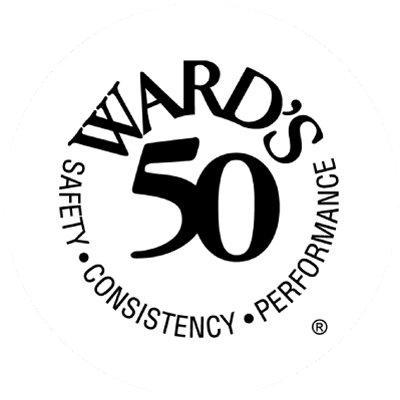While the pandemic is unfortunately continuing, the past year has taught many businesses important take-aways. It’s critical to review these lessons, plan for the ongoing situation and be prepared for any future crises.
Sick employees must stay home
- It is vital for sick workers to stay home, recover and avoid infecting their co-workers and the public. Many workers have said they can’t afford to stay home, and as a result, new laws have be enacted around the country providing workers with access to paid sick leave.1
Know your supply chain, employees and customers
This crisis has brought home the importance of knowing your suppliers, your employees and your customers.2
- Will you receive the supplies, parts, and services your business needs to function normally?
- Do you rely on just a few suppliers? Now is the time to look for back-ups or alternatives.
- Are you prepared if a critical employee is out sick or must take care of a sick loved one? Are your employees ready to take on increased workloads?
- Do you have a way to effectively communicate with staff about current and evolving problems? Create a communication plan and test it before you need it.
- Is your business dependent upon a few customers (as seen in customer concentration), and will they be able to pay their bills on time?
Technology is even more important to your business
- A strong investment in technology is always sound.3 Have technology in place (such as for online meetings) and train all employees in how to use it.
- Make sure your website is up-to-date and the ordering function works properly.
- Small, local retailers and restaurants should be ready to serve online customers, and provide delivery and curbside pickup services.
- Look to your online channels (website, social media accounts) to reach existing and new customers.4
Plan your finances carefully
- Every businesses should have emergency funds set aside for unforeseen circumstances, but this pandemic has made this point even more important. If you don’t already have a plan in place, consider setting aside a portion of gross income.5
- Calculate your cash flow, including expected money and that you will be spending. Know if you can make payroll, pay yourself and pay some toward important vendor bills.6
- Cut down on unnecessary expenses and invest wisely.7
- Establish a line of credit with your financial institution before you need it. If you already have one, consider increasing it.8
- Look out for your employees’ finances. If your organization doesn’t already have a retirement plan for employees, consider starting one. There are tax benefits for you and your employees, too.9
Have a backup plan/be adaptable
- For many businesses, this crisis and the resulting need to adapt quickly showed an inherent weakness in their business plans. Get comfortable with change and be willing to adapt your business model as needed.10
- Restaurants and small retailers in particular have been forced to change how they do business, including a greater emphasis on online ordering and curbside pick-up. Having a backup plan in place was often the deciding factor in whether a business was able to stay open. Look for new or alternate ways your business can survive before a new crisis starts.11
Sources:
1, 3, 5, 9, 11. Zenefits
2, 6, 8. Score
4, 7. Entrepreneur



